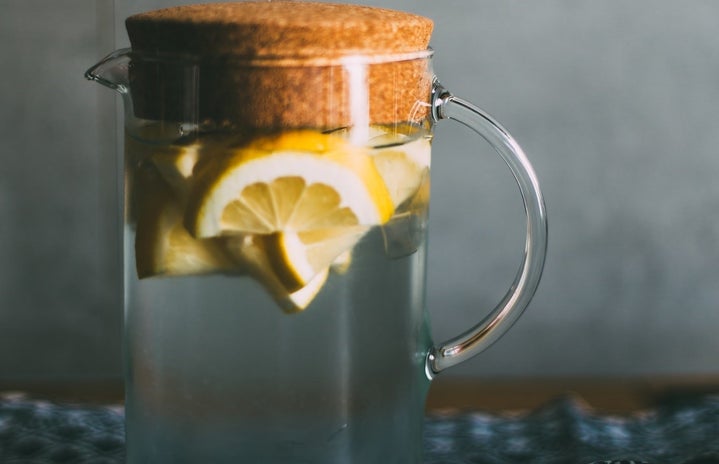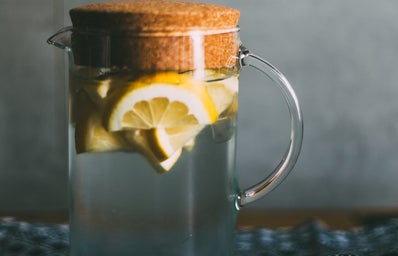Have you ever been told to drink less water? Probably not. Don’t worry, I hadn’t either. Well, not until my senior year of high school that is.
I’ve always been a bit of a rule follower. And, sometimes, I tend to take things too literally. So– as a high school athlete–when my coaches began telling me to drink more water due to the encroaching heat of Texas summer, I of course did exactly that. What I didn’t realize, however, was that it’s possible to overdrink–even if it’s merely water. To tell this story, let’s travel back to 2022.
It was the summer before my senior year of high school and each morning I began my day promptly at 4:45 a.m. for cross-country practice. It wasn’t until a few weeks into training that I noticed my endurance began declining; unusual for the amount of work I was putting in. My usual four-mile recovery jog turned into a challenging feat that left me completely drained. With each new day I felt more encumbered than the last.
I noticed I wasn’t only fatigued while running, but I also began to lose two of my vital senses: sight and hearing. It got to the point where each time I ran, I began to hear an intense ringing sound, and then very suddenly my vision would fade in and out to black. When these two things began to happen, I learned the hard way that if I kept running, I would ultimately pass out. My coaches and teammates would always bring me water to help.
This cycle continued for months until I finally went to a doctor in hopes of finding its cause. But after countless visits, there was still no answer. The doctors were as confused as I was. At first, they thought I could be diabetic. But after running some tests, they found my glucose levels to be within a stable range, which very quickly ruled out that idea.
Let’s now jump to winter of my senior year, just before winter break. I’m still passing out–it’s getting harder to make it from class to class without stopping to take a break. I still have no idea what’s happening to me. I can barely stay awake through my classes, yet I’m sleeping over 12 hours every night. I’m heading to what became my last ever visit with these doctors, and I’m thinking about my very first one, where they asked me if I was drinking enough water. I, of course, told them yes and explained how I had always been a very hydrated person due to the sports I play. At my final visit, they asked me that very same question for a second time. My answer remained the same. However this time they inquired with more detail, “How much water are you drinking?” I was proud to tell them I had been drinking three gallons a day. This pride quickly faltered when I saw my doctors’ faces.
I learned a very fun fact that day: There is such a thing as drinking too much water. I’ve discovered this is actually decently common knowledge, but at the time, I had absolutely no idea of its existence. So in case you’re like me, just know that water intoxication, or hyponatremia, is incredibly real and it most definitely exists. I had, essentially, been drinking so much water that I was flushing out all electrolytes and had an incredibly low sodium balance in my bloodstream. This is what caused the lethargic and foggy state I had been fighting for almost a year.
This personal story is an anecdote for one of the most important lessons I’ve learned in life. Don’t drink too much water. Just kidding–although that is also a very crucial statement. The lesson I’m trying to share is very simple. Less is more. I know you’ve heard the phrase countless instances. But this time, really let it sink in. More and more people are letting the curse of abundance overtake their lives–similar to how I did with water. And to avoid this, I think simplicity is key. Although it’s easy to let the pursuit of abundance infiltrate your life, I’ve found it generally only makes things harder. It becomes a source of dissatisfaction and sometimes even turns into greed. For example, let’s say you’re feeling isolated and lonely, so you decide to make as many friends as you possibly can. You’re successful in doing so, and now your circle of friends has grown to be rather large; maybe 15-20 people. It can be hard to be appreciative of your closest friends if, socially, you’ve stretched yourself too thin. Your connections may begin to have a lack of depth and now you likely feel even lonelier than before. This can be applied to endless scenarios, and every time, the saying rings true. Less is more. You really can have too much of a good thing.


